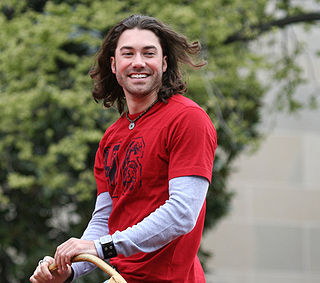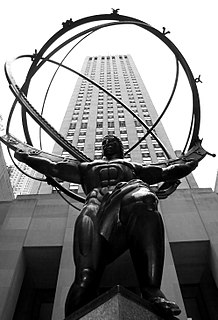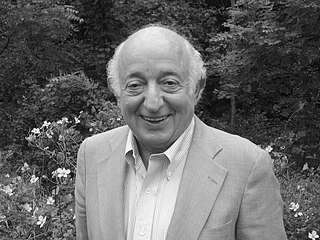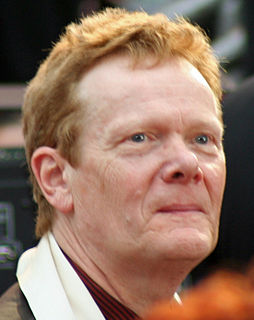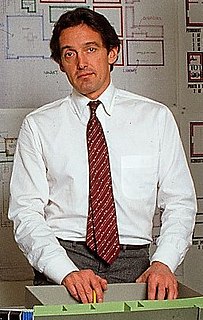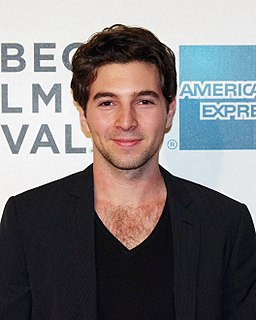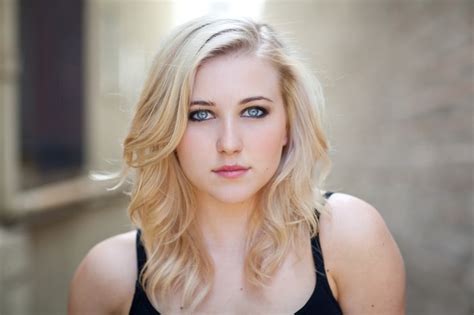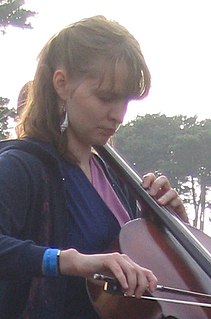A Quote by Ace Young
The Smith Center is a theater where you want to keep the lights on. The acoustics are amazing, and this is a stage that was built for sound.
Related Quotes
I collaborated with a brilliant young sound designer named Anthony Mattana, who enriched the sound of the total production with vocal effects, percussive and other sounds. He also mixed the sound effects and the music, using the theater's first rate sound system to complement the theater's acoustics. This completed my score.
When a theater goes dark for the night, a stagehand leaves a lighted lamp on stage. No one knows why any more, but some old timers say it is to keep the ghosts away. Others say it lights the stage for the ghosts to play. Whichever theory one adheres to, most people agree: a great theater is haunted.
I want to keep working. I want to step away from young adult fiction. I want to do theater periodically - Farragut North reminded me how great it is. I started out in theater. I trained in theater and then I kind of fell into film and TV. I want to work with interesting artists, talented actors, talented directors, and talented scripts. Not necessarily leading roles.
